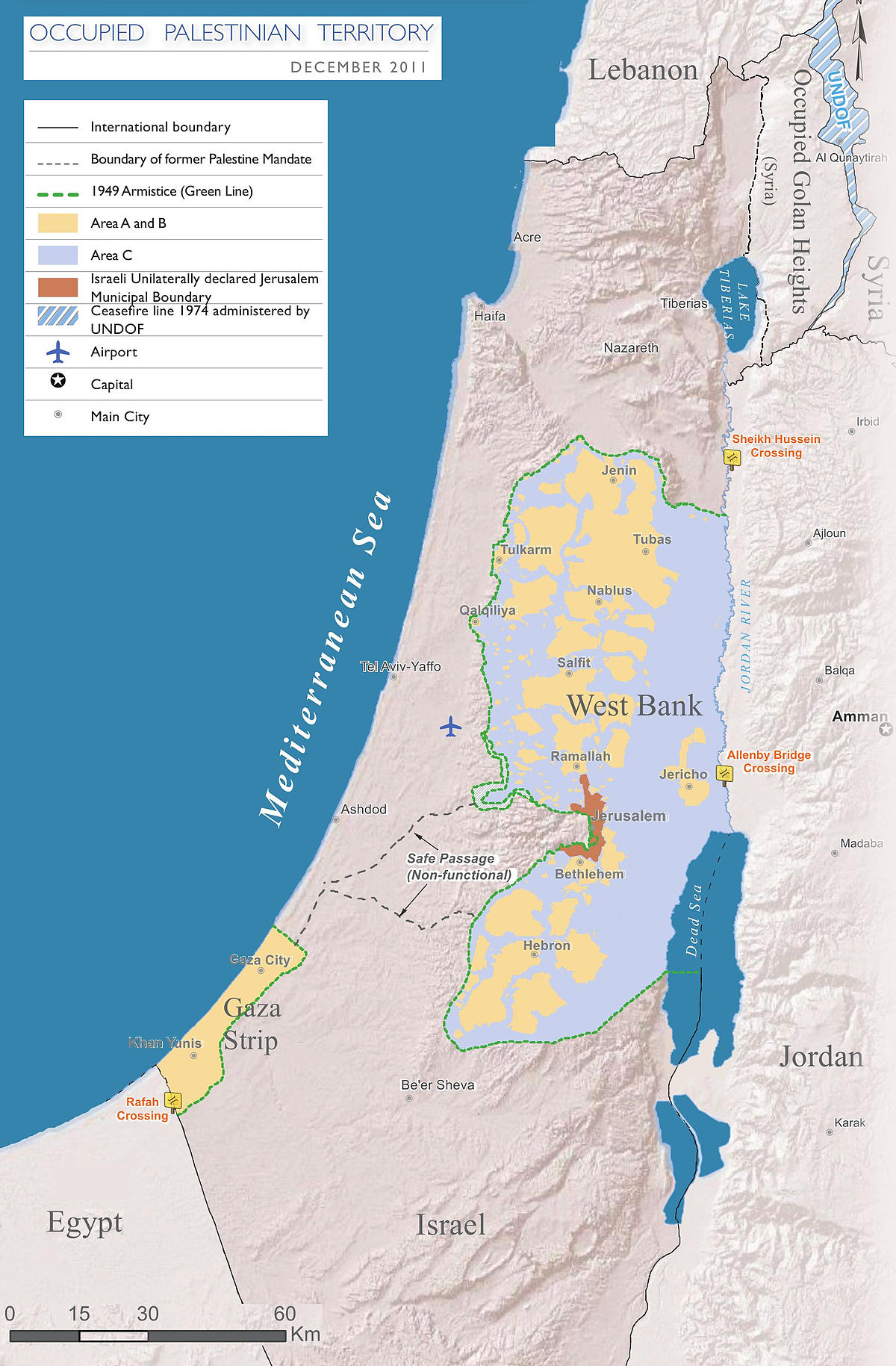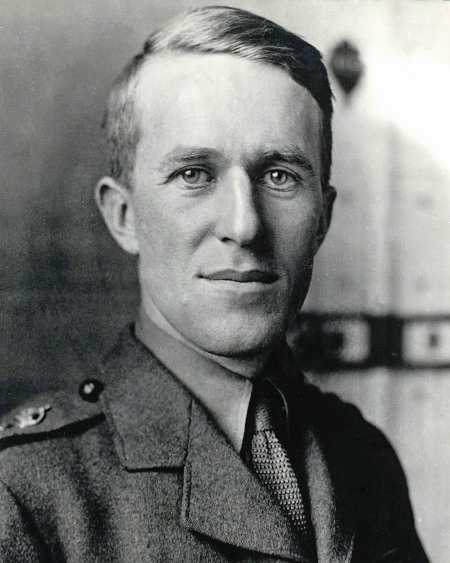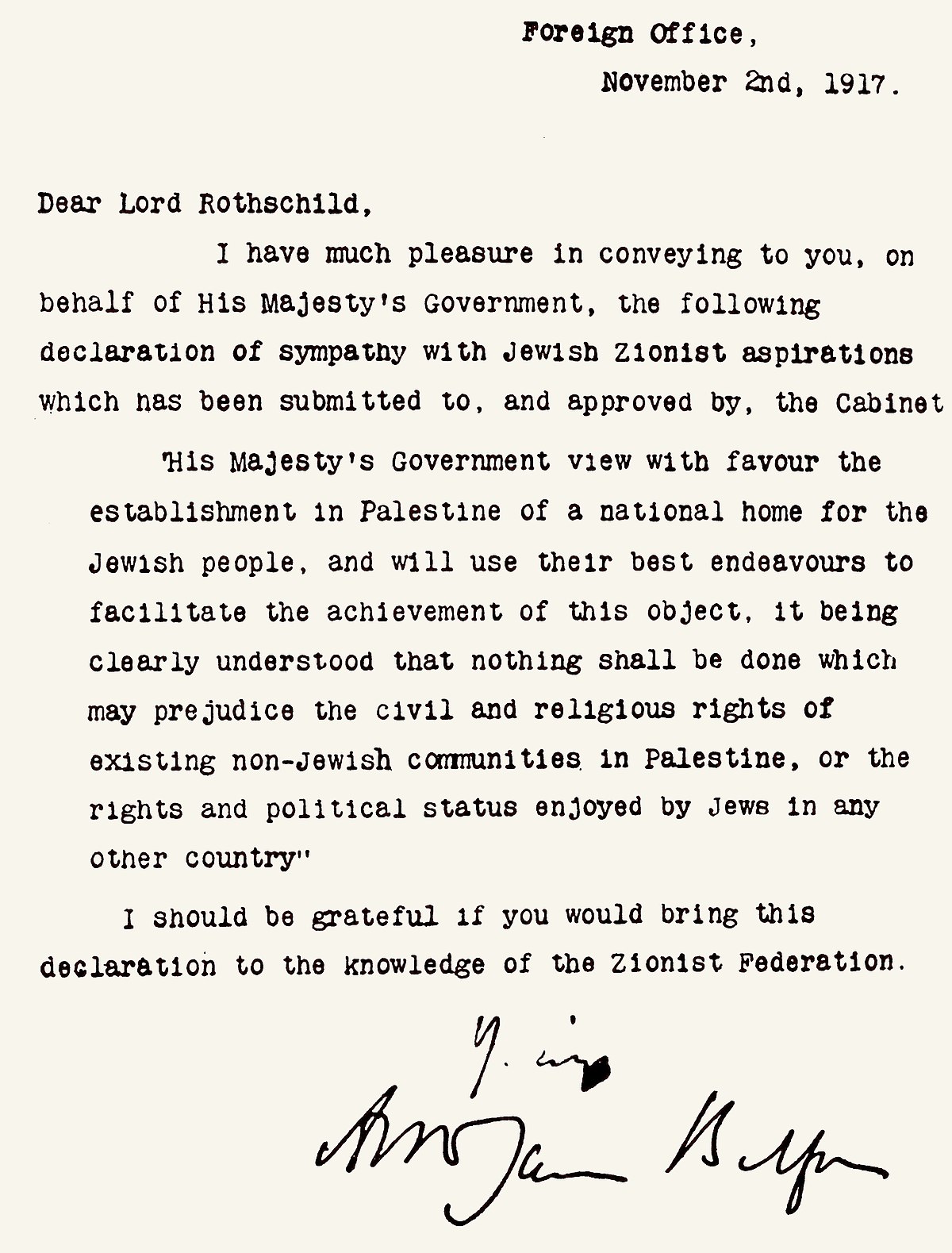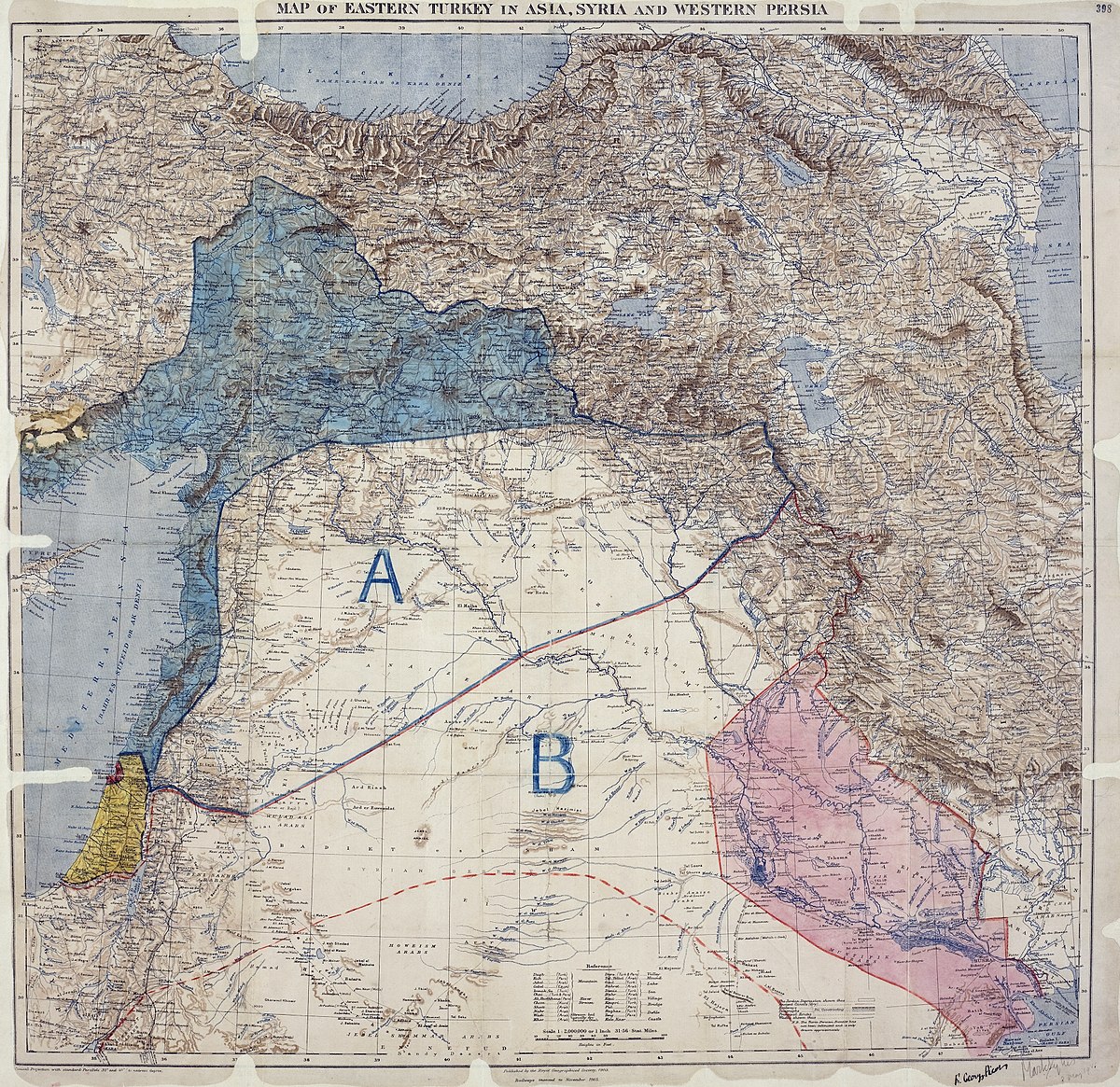So what? Not my country not my problem.
Understandable feeling to a degree, but it is never a good thing to have bloody conflicts happening. We do not live in an entirely apart world.
So doing a little research on the backstory, so I guess Jewish people began coming to Palestine after the war and the Palestinians didn’t like it. What made the matter worse was the Jewish people evicted the poor Palestinian peasants from their property. Then Palestinian leaders started to urge mass riots against the Jewish people. Then it was just war after war until today’s mess.
The Sionist movement goes back a long way before WW2, and much of it involved buying the land from others, particularly after the end of the British Mandate.

en.wikipedia.org
We should probably take into account the intentionally contradictory, three-fronts policy of the United Kingdom in the time between WW1 and WW2 in the Middle East.
There were promises of an independent Arab State around what is currently Syria

en.wikipedia.org
There was the Balfour Declaration of 1917

en.wikipedia.org
And there was the Sykes-Picot Agreement

en.wikipedia.org
Me, I don't really understand how independence can be promised, let alone promised by people from outside the land. But apparently it has been more than once, to little avail, and apparently a version of that same promise is being made now by the proposals of the so-called Two-State Solution.
As of 1923 there were British and French Mandates in the Middle East, and their history was never very calm, at least in the part of the British Mandate that is now Israel.
I do not trust the prevailing versions coming from Palestinian sources these days. The whole matter is no doubt quite complex and difficult, but I can't help but notice how willing the neighbors are to engage in violence against Israel and how consistently they refuse two-countries plans.
It does not help that apparently there is no clear leadership from the Palestinian side (and the Israeli side isn't looking too good on that front either). I sincerely don't know who would even be a candidate for credible spokesperson for the Palestinian side in any effort at calming the conflicts. After decades of conflict, I have to wonder how adjusted for peace the Palestinians will even be if it can be assured somehow.





